New App Calculates Women’s Risk for Advanced Breast Cancer
A new digital tool helps to calculate breast cancer risk for those who may develop advanced cancer that goes undiagnosed despite regular screenings.

University of California San Francisco
Give to UCSFA new digital tool helps to calculate breast cancer risk for those who may develop advanced cancer that goes undiagnosed despite regular screenings.

Sick leave coverage expansion were associated with higher rates of mammography screening and colorectal screening, potentially leading to better health outcomes.
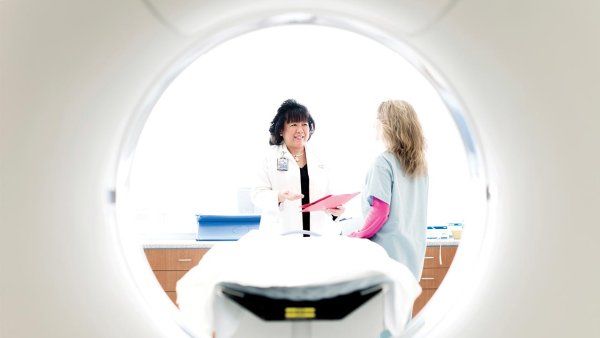
A sexual health strategy called Doxy-PEP, which involves taking doxycycline after condomless sex, is highly effective in reducing bacterial STIs but is still associated with a limited rise in resistant strains of bacteria.
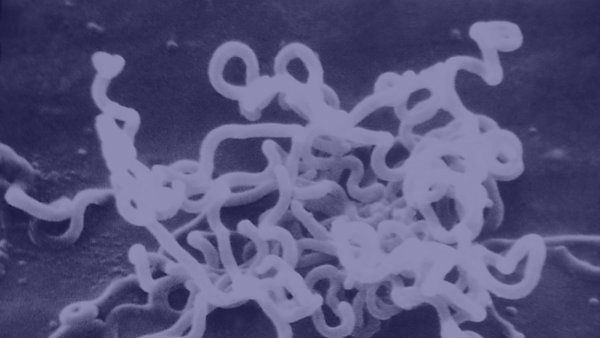
UCSF’s Heart and Vascular Center participation in a new Cardiogenic Shock Registry aims to improve treatment for cardiogenic shock types.

Respiratory viral infections pose significant morbidity and mortality to patients with chronic lung diseases like emphysema and COPD, causing exacerbations that drive destruction of normal lung tissue

UCSF researchers found that distributing pro-COVID-19 vaccine information in EDs in English and Spanish increased vaccine acceptance, especially among Latinos and those without primary care physicians.
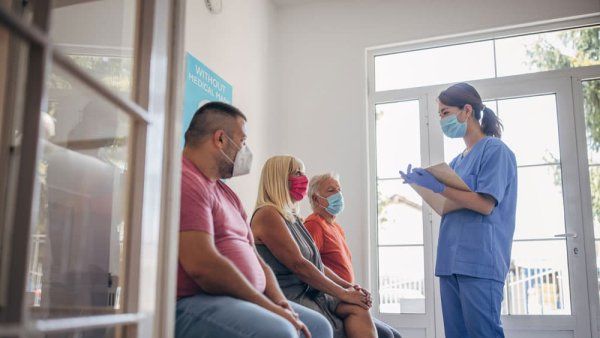
UCSF is a leading recipient of National Institutes of Health (NIH) funding for research, with a focus on advancing health sciences and medicine.
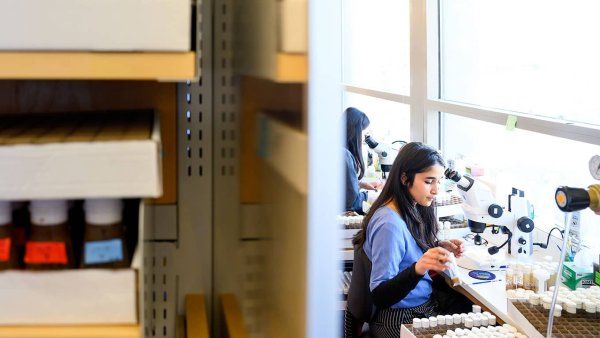
Kevin Shokat, who developed a successful approach to drugging a protein produced by the KRAS gene, has received two prestigious scientific awards.
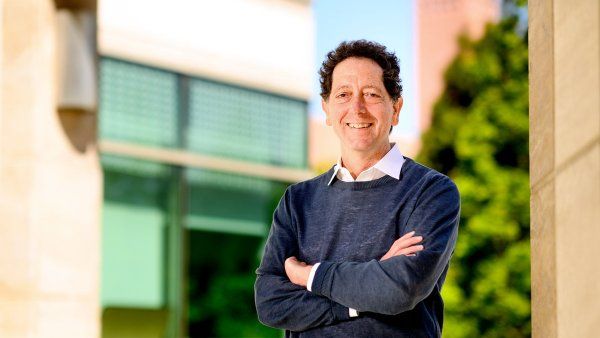
Proof of an over-the-counter allergy drug’s ability to reverse progression of multiple sclerosis provides monumental change for MS patients.
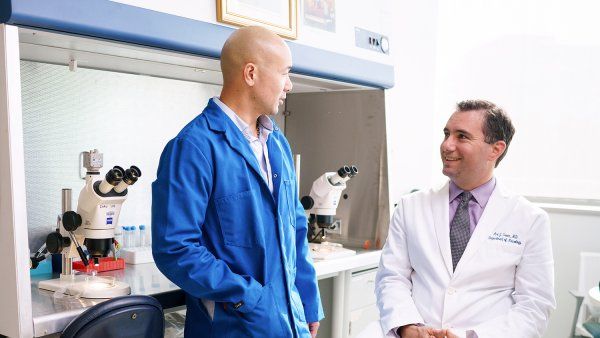
BAYS internship initiative welcomes students from historically excluded backgrounds into UCSF labs to counter disparities among Black and Latino students who pursue STEM careers.

The WISDOM 2.0 study aims to transform breast cancer screening by using a personalized approach and will expand to women as young as 30.


Oakland Promise’s Brilliant Baby program seeds $500 college funds for Medi-Cal-eligible babies, provides families with free financial coaching, and offers educational programming for caregivers.

Balyn Zaro’s lab investigates the cause and consequence of genetic diversity in the immune system, in hopes that her discoveries can lead to better treatments for all patients.
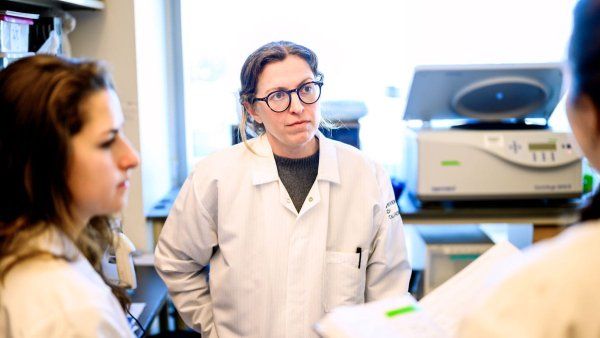
Sneddon is trying to coax stem cells into reliably developing functional beta cells that can then be transplanted into patients with diabetes so that they can produce their own insulin.
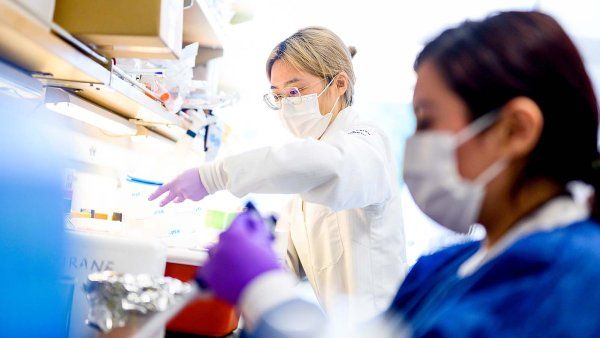
Qili Liu, PhD, studies the biological basis of appetites for insights on our cravings that could help address obesity.
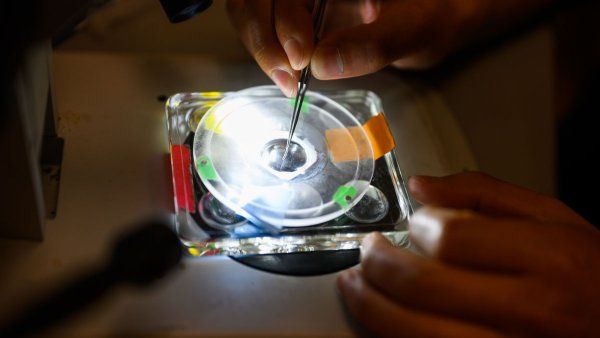
Vissers’ work on RNA tags helped found the field of epitranscriptomics, the study of how chemical marks on RNA, rather than their sequence alone, dictate the function of the molecules.
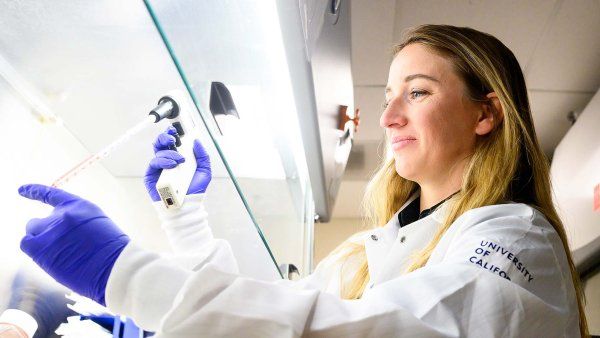
Angela Phillips, PhD, leads research that could help predict future viruses like COVID and the antibodies we might use to treat them.
